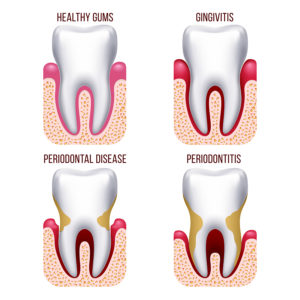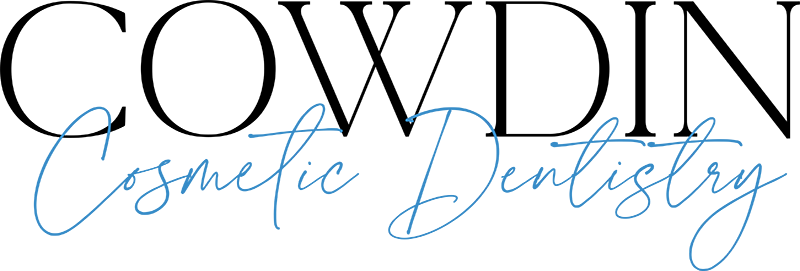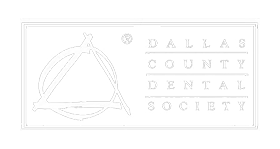 You’ve probably heard about gingivitis from your dentist. You might even know that bleeding gums is a sign of gingivitis. What you might not know, however, is that gum disease is a serious threat to your oral health and wellbeing.
You’ve probably heard about gingivitis from your dentist. You might even know that bleeding gums is a sign of gingivitis. What you might not know, however, is that gum disease is a serious threat to your oral health and wellbeing.
When gum disease advances, it can destroy your teeth and bone. This is why it is important to take a vigilant approach to your oral hygiene and keep routine appointments for checkups and cleanings. If gingivitis is detected and treated early on, you can prevent these serious side effects and the disease’s progression.
Common Signs of Gingivitis
The most well-known sign of gingivitis is finding blood on your toothbrush or your floss. When our gums bleed, it is a sign that they are irritated and inflamed. Beyond this initial common symptom, there are other signs of gum disease that you should know, including:
- Discoloration of the gingiva. If your gums appear bright red or purple, you may have gum disease.
- Sore gums: Sore and tender gums can be a sign of gingival irritation.
- Receding gums
- Loose teeth
- Bad breath
How Gingivitis Develops
Gingivitis is an early form of gum disease that typically occurs when a person has poor oral hygiene. Every day, the bacteria in our mouths colonize and form plaque. If this plaque is not removed with flossing and brushing, it will harden into tartar when it is exposed to calculus.
As plaque and tartar build up, it will irritate the gums ultimately leading to inflammation and infection. Without intervention such as improved oral hygiene and professional cleanings, gingivitis will progress into more destructive forms of gum disease.
Once this condition progresses to a certain point, it cannot be reversed. This is why prevention and early intervention are so important to safeguarding your oral health.
If you suspect that you might have gingivitis, we recommend that you take a more meticulous approach to your oral hygiene. Call Cowdin Cosmetic Dentistry as soon as possible to schedule a gum disease screening with our dentist.





